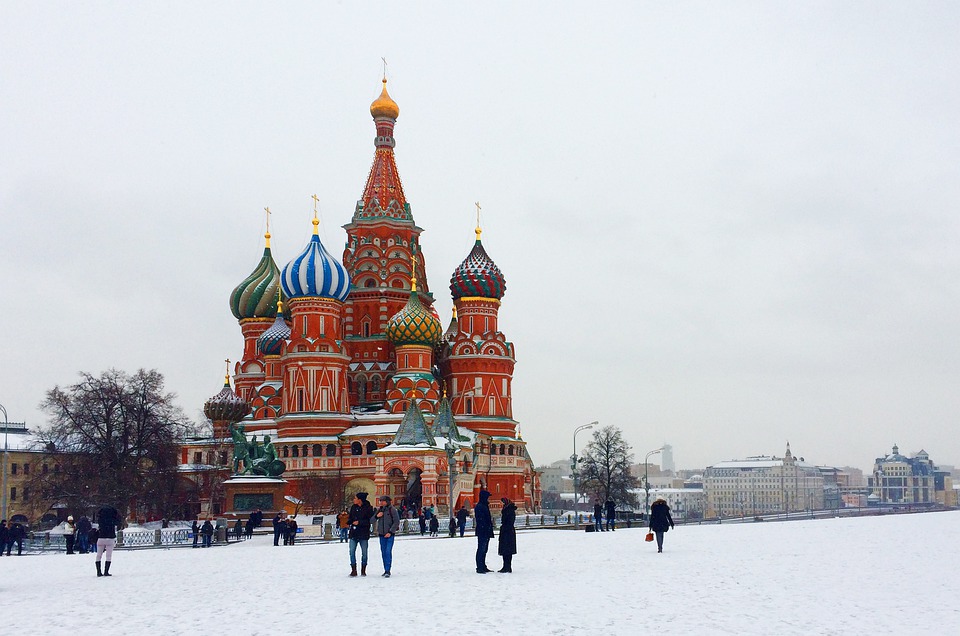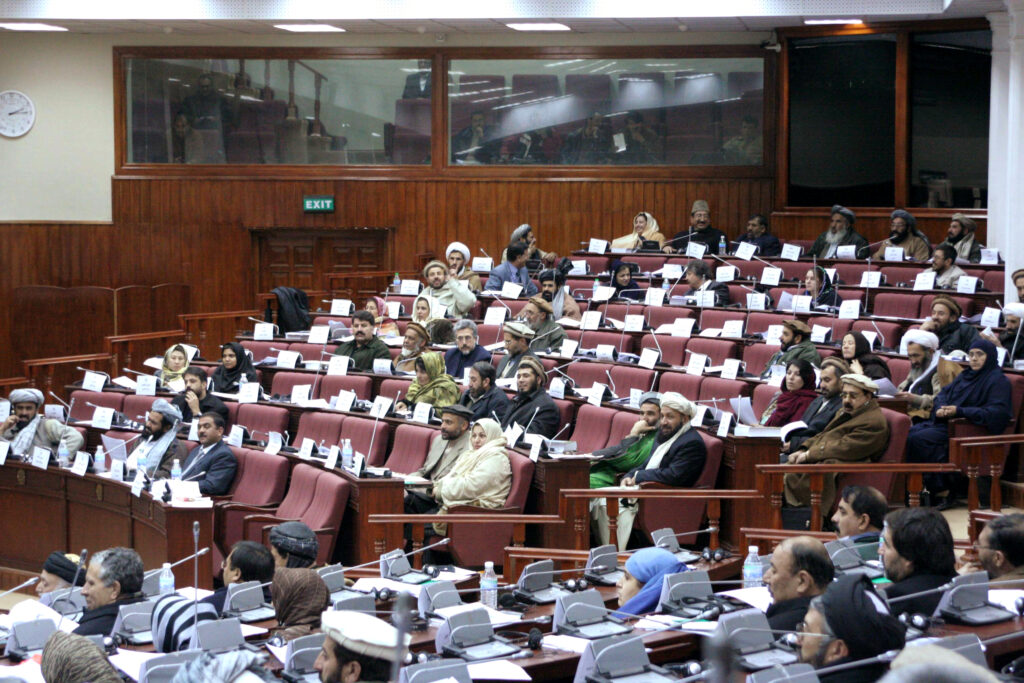On Feb. 21, 2022, Russian President Vladimir Putin addressed his citizens about the “fundamental threats” the west poses with the expansion of NATO to Eastern Europe and Ukraine. Three days later, Putin launched his invasion of Ukraine. What started as a response to the West encroaching into the East has turned into an ambitious plan to return as a stronger world power, with Putin using Russian Orthodoxy to garner support for this effort.
The war in Ukraine, however, is not a new development. Russia has been chipping away at Ukrainian territory since 2014 with the annexation of Crimea. Putin has been promoting the idea of the Russkii Mir (Russian World) for over 20 years with support from the Moscow Patriarchate, the office of the Russian Orthodox bishop, Patriarch Kirill. Putin’s and Kirill’s goal is to create a “Holy Russia:” a global Russian civilization that is the antithesis of the liberal west.
The Russian World is a nationalist ideology adopted by Putin and Kirill as a way to justify their land grab of Eastern Europe, but it also has strong roots in Orthodox Christianity, allowing the ideology to be disseminated throughout the region by way of religion. Co-opting religious rhetoric for a political agenda is becoming an increasingly popular tactic and is quickly emerging as a powerful ethnonationalism-building tool as seen in India with the Bharatiya Janata Party.
Holy Russia serves as a religious guide to the Russian World, through claims of morality and tradition to strengthen national identity and allow Putin to exert control over the Russian Orthodox world. Control is the basis for the “Heart of Russia” ideology. Control specifically against western threats and secularism.
Putin and Kirill have released statements and sermons encouraging violence in reaction to western influence since 2014 when NATO first became interested in development in Ukraine. Ukraine has created legislation to join NATO since 2017 and in 2020 it became a priority. Putin views the potential admission into NATO as a threat to the Russian World.
However, the expansion of NATO is only one of many facets behind Kirill’s encouragement of violence against western encroachment. The west’s condemnation of the homophobia and Russia’s subsequent human rights violations in Russia and the Donbass region of Ukraine has created further pushback from Putin and Kirill.
For instance, Kirill addresses the controversies in his Cheesefare Week sermon by voicing support for the people in Donbass, a critical region for both Russia and Ukraine located in eastern Ukraine and currently controlled by a Russian-backed separatist group looking to become part of Russia. Donbass is one of the strongest economies and has a dense population which makes it a highly desired region and although ethnic Russians make up less than 40 percent of the population they are the largest minority group.
Moreover, Putin has already recognized the region as independent from Ukraine. The annexation of Donbass into Russia is precisely what Putin and Kirill seek in their creation of the Russian World. If the referendum is successful, it will signal a critical turning point in the war.
Kirill has co-opted religious rhetoric to condone violence in other circumstances, as well.
His use of the term “holy battle” in support of the bombing of Aleppo, Syria, justifies the Russian war efforts and intervention in 2015. Using religion to justify violence is a common and powerful tool that Putin has as permission to wage war against Ukraine; however, it is highly scrutinized among many religious leaders and just war theorists and evidence has shown that religion has only caused 7% of wars.
Russia, Putin claims, is entitled to war by divine right and Putin and Kirill have been using religion to justify Russian war efforts for years. This is in spite of condemnation from Pope Francis, the Archbishop of Constantinople and other religious figures calling for a cessation of the war in Ukraine, saying that the campaign is “fundamentally anti-Christian.”
The Vatican canceled a meeting with Kirill after he openly supported the war in Ukraine and Pope Francis has met with other religious leaders and stressed the importance of promoting peace. However, this has only encouraged Putin and Kirill to double down on their advocacy for violence against “Russophobia” and the alleged threat of Western secularization.
The current war in Ukraine and other Russian military interventions exemplify Putin’s desire to spread Russia’s control. Kirill’s unwavering support and condoning of violence has allowed Putin to justify his efforts and rally Russian Orthodox Christians behind him in creating the “Russian World” as a powerful competitor to the “sinful” West.
Multiple Orthodox dioceses and priests have publicly called for Kirill to call for an end to the invasion and have “suspended” support for Kirill and some Orthodox churches looking to break off from the Moscow Patriarchate and join the Constantinople Patriarchate. Kirill views the schism as a “slap in the face” because he views Patriarch Bartholomew of Constantinople as too influenced by the west.
It seems that Putin and Kirill are going to continue to push forward their Holy Russia agenda against western secularization despite the fracturing of the Eastern Orthodox Church. Putin has already been successful with his annexation of Crimea in 2014 and the potential annexation of the Donbass region poses a threat to the surrounding post-soviet countries that are part of NATO such as Poland and Moldova.
The continuing conflict has presented larger energy issues throughout Europe due to Russia withholding supplies and the influx of refugees into neighboring countries as well as presenting cybersecurity issues throughout the western world. The conflict will continue to permeate the world on all fronts and fracture the Orthodox religion.







